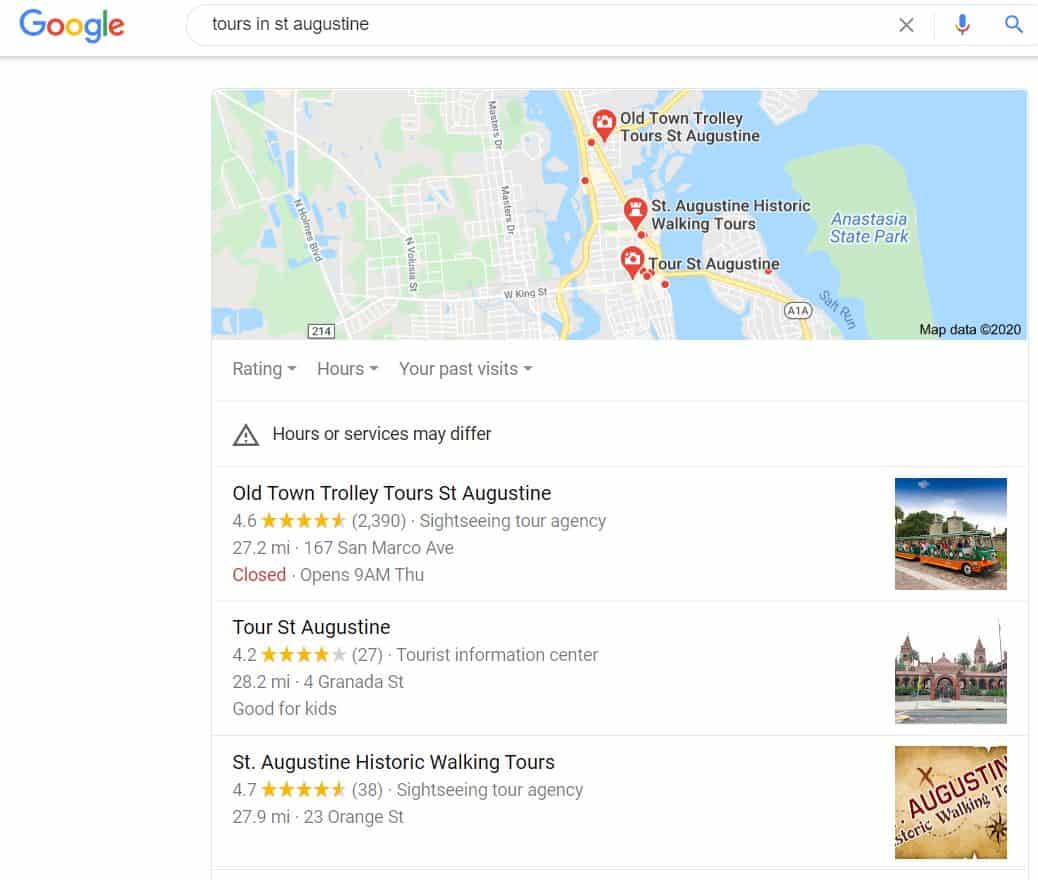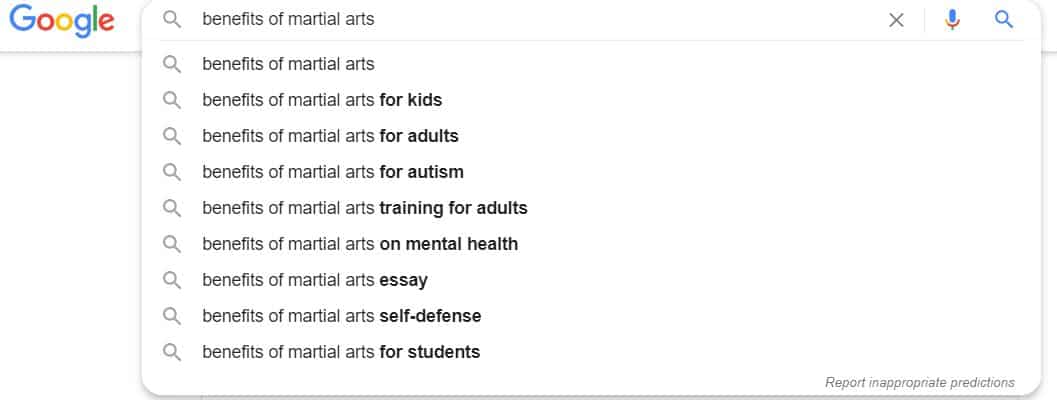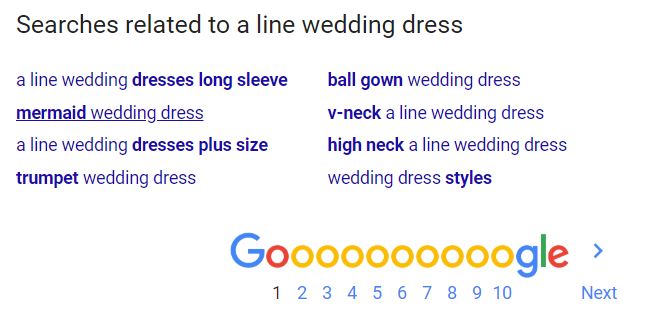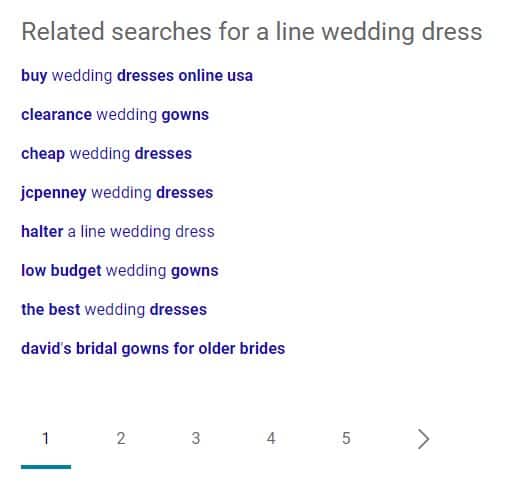
Optimizing Your Web Pages for the Right Keywords

Internet searches are built upon a foundation of keywords. These are search phrases people type into the search box of a search engine to find the info, products, and services they are looking for. A website is an investment for your business; it's what gets you found by potential customers when they search online for keywords and phrases related to your industry or niche.
In order to get found online, you need to optimize the content of every page of your website. This way, hopefully, your website will rank on the first page of the search results for the keywords you're trying to rank for. Because there is less competition, ranking on the first page tends to be easier for local businesses. However, it's still not as easy as it seems.
It can be challenging to rank on the first page of Google's search results. This is because it's filled with paid advertisements and Google's local 3-pack.

While the local 3-pack and paid ads take up much of the space on the first page, it's essential that you still make an effort to get your website on this page for a few reasons. For one, 75% of users don't ever scroll past the first page of the results. Two, the first organic search result (non-paid for search listing) gets almost 33% of clicks.
If your website isn't being found in the organic search listings or in Google's local 3-pack, there is little chance for a potential customer to find your business.
Doing Your Research
If you want to rank your site higher on search engines such as Google, Bing, and Yahoo, you need to think about the keywords people are using when they search for your business. Once you've figured that out, use those keywords as you write the content for your website.
The first step to ranking higher on the search engine results list is doing some keyword research. One way you can easily find keywords is to start typing a search phrase related to your niche or industry into Google. Google will then begin displaying a variety of keyword phrase options.

When figuring out the right keywords to target, you'll want to focus on keywords that have more than three words. These are called long-tail keywords, which are keywords that have three or more words that are specific to what people may be looking for on your website. They also have less competition online due to being more specific.
Long-tail keywords allow you to optimize for keyword phrases that have buyer intent. For example, intent-based keywords might be "Allure A-Line Wedding Dress" as opposed to simply, "wedding dress."
If you were to optimize the content on one of your webpages for just the keyword "wedding dress," you might get people who are looking for information on wedding dresses, when to start looking for wedding dresses, how to clean and care for wedding dresses, or what to look out for when buying wedding dresses, and so on. None of these visitors are necessarily looking to purchase an Allure brand wedding dress from you.
However, if you were to create pages about specific collections of Allure A-Line wedding dresses, you're going to grab the attention of people who are more likely ready to buy an Allure A-Line wedding dress because they're interested Allure wedding dresses that are specifically an A-Line style. These are the people with buyer intent and the ones that are more likely to make a purchase. They are the ones you want to get to your site if you sell Allure wedding dresses.
Finding the Right Keywords
All of the major search engines show keywords related to the search terms entered in on their result pages. These are the terms that search engines believe are relevant to the query, and are the keywords people are inputting to find your type of products or services.
Start by entering search terms into the search box. See what related phases come up and keep a list of those terms. Keep in mind that while Google may be the most prominent search engine, it is not the only one. You'll want to repeat these steps on Bing and Yahoo as well.
Here is an example of related search terms from Google:

Here is an example of related search terms from Bing:

There are lots of SEO tools on the market that can help you rank higher on search engines. Optimizing your web content is an ongoing task, which means you'll need to add new pages to your website that focus on the keywords you want to rank for on a regular basis.
Helpful Article:
You can also sign up for a free Google AdWords account and use Google's Keyword Planner if you're not quite ready to invest in other SEO keyword research tools. You can also visit user forums to find valuable keywords from people asking and answering questions on your business's topic.
You can find user forums by using search strings such as:
- "keyword" + "board"
- "keyword" + "forum"
Use these forums to see what kinds of questions people are asking about the products or services in your industry. Then create keyword-rich content on your site that answers these common questions.
Tips for Using Keywords
Once you have your list of keywords, there are some things to keep in mind that can help you better optimize your content pages:
- Use synonyms and variations of the keywords
- Put keywords in title tags, alt image tags, description tags, heading tags, and towards the front of a paragraph or sentence.
- Don't go too crazy with the keywords. Try not to repeat the phrase more than twice per page.
- Optimize each page for 1-2 keywords at a maximum.
- Because Google likes long-form content, you'll want to try and write around 1,500 words per page.
Here are some articles you might find helpful for boosting your ranking:
- Easy Tips for Increasing Your Search Rankings
- The Importance of SEO and SEM for Your Business
- How to Create Awesome Meta Descriptions
- What are Google's Article Snippets and How can You Rank with Them?
- No Traffic on Your Website? Here's Why
It can take some time and a lot of effort to reach the first page of search engine results, but once you get a hold of your search engine optimization, you will truly see how it can help your business grow! We know that internet marketing is not easy. It takes a lot of patience, writing, and research. At AnoLogix, we can help you rank organically through SEO as well as PPC.
Let's bring the spotlight to your business today.
From brainstorming to implementation, AnoLogix has successfully designed, created, developed and implemented websites for people and businesses since 2000.
With AnoLogix your business can skyrocket. Do you want to learn how we can help?
or call us for a FREE consultation at (904) 807-8961